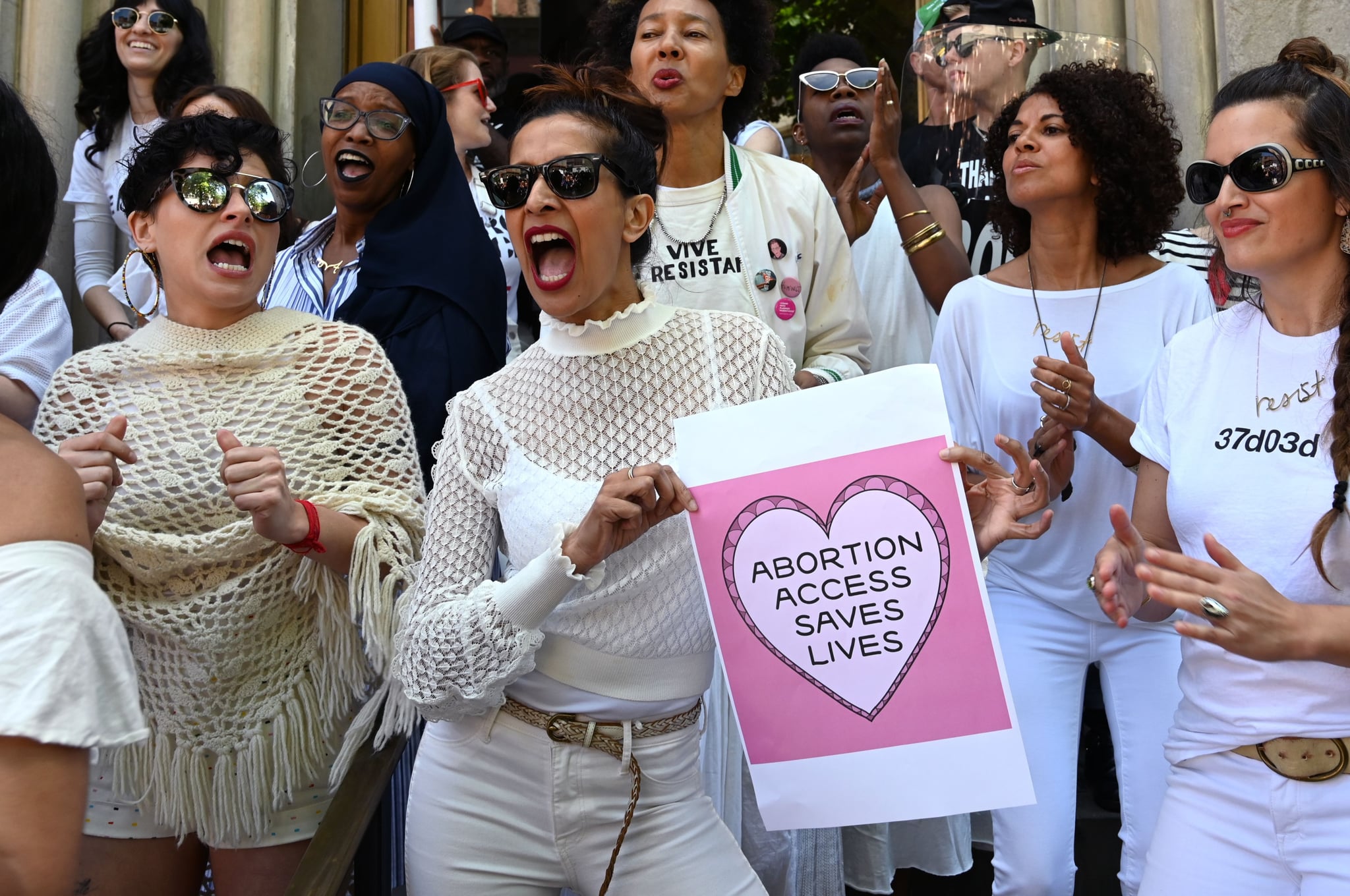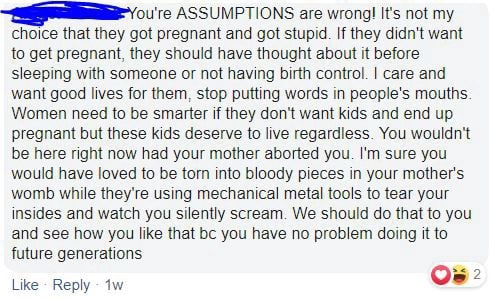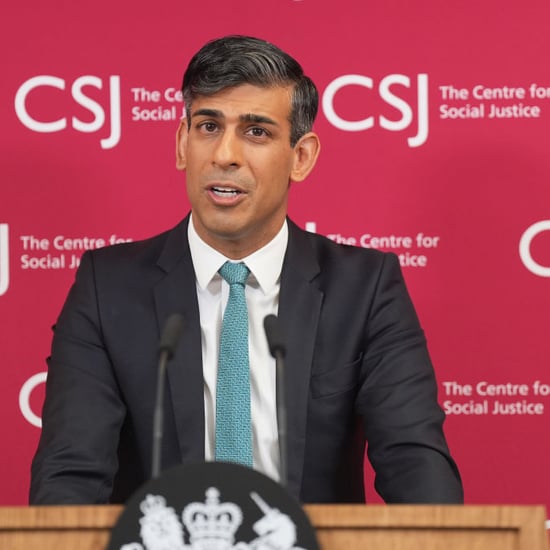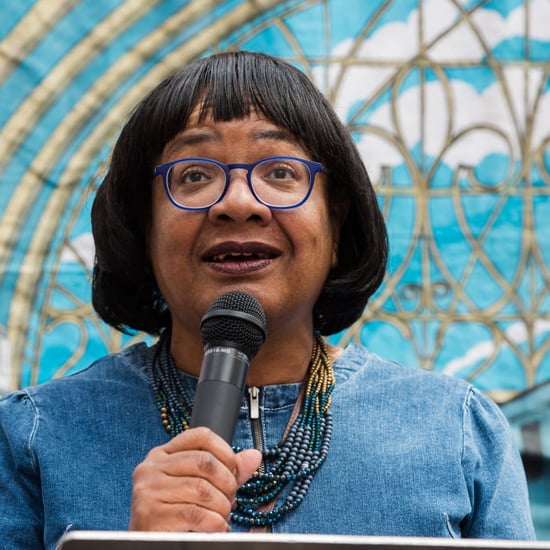Personal Essay on Leaving the Pro-Life Movement
Why I Left the Pro-Life Movement
The following post was originally published on Medium.
This week, Alabama Gov. Kay Ivey signed into law a measure that aims to ban almost all abortions and punish those who perform or obtain them. Though she recognises the bill may ultimately be blocked by the Supreme Court, the governor made clear that its purpose is to undermine Roe v. Wade.
 Women From the Resistance Revival Chorus rally in NYC on May 21, 2019 on behalf of abortion rights.
Women From the Resistance Revival Chorus rally in NYC on May 21, 2019 on behalf of abortion rights.
The bill, called the Alabama Human Life Protection Act, is a startling acknowledgment of the anti-abortion "pro-life" movement's determination to show that a fetus is a human life deserving of protection, but a woman is not. These so-called "heartbeat bills" — which ban abortions after the six-week mark of pregnancy, when a heartbeat is first detected — are an indication of policymakers' lack of understanding about reproductive health and women's bodies. We already know that states with the most strict abortion laws have the worst infant mortality rates, and despite their work to ban abortions, Alabama isn't working to make infancy or motherhood any safer. According to the Centres for Disease Control and Prevention, the rate of pregnancy-related fatalities is three times higher for women of colour than white women.
"We have the means to identify and close gaps in the care [these women] receive," Dr. Anne Schuchat, principal deputy director of the Centre for Disease Control, told The New York Times. "We can and should do more."
There are two significant problems within the anti-abortion movement, which is why I strongly disagree with calling them "pro-life." The first is that the movement is not doing much to provide resources or support for mothers and infants after birth — as if they only care about the fetus before it is born. The second major issue is that much of the community is host to a negative and toxic attitude toward women.
The source of the problem starts with the movement's roots in the Christian Right, a politically powerful group of right-wing Christians that still hold sway politically in the United States. I have already explored how Christianity can be damageing for women — these problems are extremely evident in the anti-abortion community. I know this through firsthand experience because I used to be a part of this movement.
I was raised by born-again Christians who believe life begins at the moment of conception. According to their belief, when sperm fertilizes an egg and it becomes a zygote, life is created and given a soul. From that moment forward, it must be protected at all costs — even at the expense of the woman's life.
I was a fervent disciple of my parent's fundamentalism; I accepted their beliefs as unfaltering truth. I wore anti-abortion pins to school and participated in events held by Students for Life, which encourages followers to duct-tape their mouths in honour of National Pro-Life Day of Silent Solidarity. I told my friends about how evil abortion was and preached adoption (even though no one in my church community ever turned toward adoption). I listened as my mother told and retold the story of a distant relative who was raped by a school janitor at only 14 years old and then forced to have an abortion against her will. Her story terrified me. Abortion was evil. Abortion was harmful. More importantly, abortion was never God's will.
I'm not sure exactly when I changed my mind. But I do remember the moment when the shift in my values finally sunk in. I was 17 and dating my first real boyfriend. My mother, whose beliefs and opinions I had trusted for so long, asked me frankly whether I would have his baby if I got pregnant. I knew full well I didn't want to have a child with him — besides, I wanted to go to college first. I also knew that getting pregnant was what convinced my mom to drop out of school before she finished her degree. It was clear to me that I didn't want to have kids with this guy even though I liked him. In fact, I didn't think I even wanted to marry him — which was inevitably her next question, because when she got pregnant she married my dad.
It was at that moment I realised that I would be willing to have an abortion if I ever got pregnant before I was ready. I was scared to face the way I felt after having been ardently anti-abortion for so long, but my mom could see the truth in my face: a quiet, yet uneasy, recognition that I no longer shared her beliefs. Choosing my life, my education, and my future over having a child and marrying a guy I knew wasn't right for me? Even at the age of 17, I knew that was the smarter choice, the logical decision in the scenario of an accidental pregnancy during high school. Sure, maybe if he was the perfect match for me and if I aspired for young motherhood before pursuing a degree. But even then I understood abortion needed to be an option.
I kept that opinion to myself for years. It wasn't until I was walking to class one day that I was reminded of the topic I had been unconsciously avoiding: an anti-abortion group had set up a demonstration on my community college's campus. Huge posters and billboards were spread across the main walkway. Plastered on them were photographs of bloody, dismembered fetal tissue. It was violent and grotesque. Some of the posters were of women crying from guilt and despair. Protesters in matching shirts with "pro-life" catchphrases stood shouting at students as they passed or handing out pamphlets. Most students kept their heads down, their eyes on the sidewalk. I looked up, my mouth agape, taking in it all in disbelief.
I wasn't shocked by the demonstrators' decision to post the pictures. They were just looking to incite emotion and disgust. But I was shocked that they were comparing abortion to the Holocaust. And it offended me to hear their rhetoric, which was aggressively anti-woman, angry, and crude. It quickly became clear that I could no longer keep silent, as I'd long been taught to do — it was time to be much more open and defencive of abortion.
The rhetoric of the "pro-life" movement is toxic at best, dehumanizing at worst.
I've had to relearn everything that I had previously been taught about abortion. I now believe that abortion must remain legal in all circumstances. First, access to affordable contraceptives and legal abortion are extremely important for helping women escape or avoid poverty. It allows them to pursue higher education (or simply finish high school). After all, surveys find that nearly half of women who have an abortion do so for financial reasons, and education enables women to pursue better jobs. Growing up, I was told that women who have abortions don't want children — but that was wrong. In reality, 60 percent of women who have an abortion are already mothers. The fact that many women who have abortions are already mothers doesn't indicate that women are having abortions to escape the responsibility of motherhood, as some anti-abortion arguments incorrectly suggest.
The rhetoric of the "pro-life" movement is toxic at best, dehumanizing at worst. The debate around the issue quickly devolves into vicious and personal attacks from strangers and even loved ones. For example, the following comment was left by a relative on Facebook after I criticized the anti-abortion movement for caring more about the fetus before birth than the child after they're born:
 Image Source: Sarah Olson
Image Source: Sarah Olson
I chose this comment specifically because it encapsulates several of the major arguments that white, conservative Christian women use to defend the anti-abortion stance. The first is that getting pregnant is a stupid mistake (ignoring the irony of religious sentiments that pregnancy should be treated as a "miracle" and a "gift from God"). Second, the threat of physical violence ("we should do that to you") implies anger and a desire for retribution toward the women who seek abortions. This is incredibly disturbing, especially coming from a relative. But I'm also not surprised because it's an attitude shared by many of the women I grew up around.
Unsurprisingly, the Alabama bill brought out a host of self-righteous internet users celebrating the abortion ban. Reading their tweets and comments is a stark reflection of the attitudes held and rhetoric used by those who abhor abortion. Specifically, their use of derogatory language toward and about women (completely neglecting men's involvement in the cause of pregnancy). Here's a great example:
No one is forcing you to have a baby by banning abortion. You force that decision on yourself the moment you decide to have sex. If you can't close your legs, then close your mouth, because you don't get to murder people because you're irresponsible.
— Kaitlin Bennett (@KaitMarieox) May 16, 2019
This frightening and hateful rhetoric follows a well-tread strategy within the anti-abortion movement: the point is to slut-shame and silence women. It's also nothing new that the people behind this message are also women: white, conservative Christian women are raised to believe sex is only for marriage (and preferably procreation). Their community has taught them exactly what a "Good Christian Woman" should be, and abortion undermines everything they stand for: marriage, motherhood, and faith.
I left the "pro-life" movement because it relies on shock value and misinformation. It makes me uncomfortable that the community shares deep ties with conservative Christian values. There's ample research to show cases where religious beliefs have undermined science, or when the movement also threatens medicine and equality. As a "pro-choice" woman, it's frightening to see how much power the religious right still has in the United States today.
My younger sister, who is also "pro-choice" and aware of the ways our upbringing was toxic for women, recently made an important point about how she used to be afraid of exposing herself to arguments that were not Biblical. As an adult on her own, she's been able to explore topics like abortion that she would otherwise have been told were wrong and discouraged from learning about any further.
It's extremely difficult to gain exposure to something that your religion discourages you from even considering. It's difficult to challenge a worldview that everyone in your community holds. And if you have anti-abortion beliefs but are feeling some doubts, I want you to know that it's okay to learn about something in order to form an opinion on it. I know Christian women who are in favour of legalized abortions because they understand women need options.
Finally, I believe women in the Christian community need to start calling each other out for the rhetoric and language used toward women who have had or support abortions. It's hateful, it's derogatory, and it's disturbing.
I've never been pregnant. But I'd like to know that I'd have a choice in the matter if it happens before I'm ready. And it disturbs me to know that people like Gov. Ivey use their religion to put women in a position where they cannot choose. It's important to note that she has received endorsements from two anti-abortion organisations and that her political decisions are firmly rooted in her faith.
I firmly believe that in order to protect reproductive rights and safe access to legal abortion, we must actively work to separate church and state. Our country is in jeopardy because the Christian Right wants a theocracy, not a democracy. We need to come together to fight this, or things will get worse. There are only two sides to this debate: you can be for women, or against them.
Sarah Olson is a passionate advocate for women's rights and frequently writes about feminist issues. She is a top writer in Feminism on Medium and as well as an ex-Christian, frequently writing about the ways in which religion both constrains women and undermines science. Connect with Sarah on Twitter and Instagram @ReadMoreScience.






